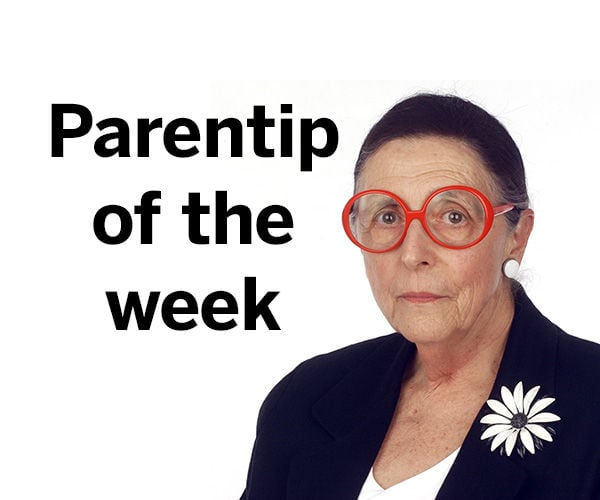Words are important and powerful. A kind word or a loving expression can make our day.
We are the only mammal that speaks words (although some of our simian relatives can be taught to sign). Language, the ability to communicate with each other, helped our species develop civilizations all over the world.
Alas, words can also be negative. The unknown person who wrote “Sticks and stones may break my bones but words will never hurt me!” was pretty dumb. Words may not hurt us physically, but they sure can hurt our feelings. Ask any schoolchild.
I remember being really hurt by the words of a classmate. One incident involved two little girls ganging up on me in fifth grade because I took a copy of “Jane Eyre” to school. They accused me of being stuck-up and said that I was showing off what a good reader I was. False accusation! I carried the book to read it at recess because I wanted to find out what happened. The fact that I remember this, more than 70 years later, is an indicator of how words can hurt.
Parents have a dual job. They have to comfort a child who has been insulted and help the child both deal with today’s pain and also develop strategies to deal with future incidents. Parents also must teach their children how to “talk nice” and avoid hurting others. Parents hate to see their own child’s feelings hurt. Most of us hate even more to see our child hurt another’s feelings.
The minor spats and deliberate insults of childhood have always been with us. Boys love to make a younger kid cry so they can call him, “Crybaby!” Two or three little girls (like my anti-Jane Eyre duo) enjoy ganging up on a lone girl.
Much of the time kids learn to shrug these remarks off — this is called resilience. But some insults lead to tears. The reason words can do so much harm is that an insulting remark can be interpreted two ways. One is that the insulter is wrong and unfair. The other is that the insulter is correct and doesn’t like me that can morph into nobody likes me. Some children may brood about what was said and feel they are in the wrong and are somehow unworthy of their playmates. Repeated insults (this is properly defined as bullying) can make a child refuse to go to school.
If you find your own child is saying mean things to other kids, always call the child on this behavior. “When you told Jason he was stupid and you would never play with him again you hurt his feelings. How would you feel if Jason said that to you?” Get in your parent propaganda whenever you can. Read books to your kids about not hurting others. Talk with your children about the importance of good manners. Teach the Golden Rule: you treat other children the way you want to be treated.
Remember that children model our behaviors. Be careful not to use insulting words when speaking to your children. Avoid saying, “Your room is always a mess, what a slob you are!” Keep discipline issues in the present and future. “Your room is a mess. Your job is to clean it before we go to Grandma’s house.” Be especially careful about not treating others like salespeople in an insulting way. Manners modeled are manners adapted.
Let me share want happened at my grandson’s preschool last week. His school has had several units on good behavior. The class worked on not hitting, not using bad words, walking away, and telling the teacher. The goal was helping children how to get along without hurting each other.
Joshua, now 4½, was called a bad word by a classmate at recess. Josh said, “That really hurts my feelings.“ and walked away. The teacher noticed what happened and went over to Joshua to praise him. She asked if he had wanted to call the other student the same bad word. Joshua said, “No, because then I would hurt his feelings.” Bravo, Joshua! You get it. You realize what is so basic and important about the social contract. Better to treat each other with respect and kindness not only because it is the right thing to do but also because that is how we all want to be treated. Or tweeted.
Happy winter solstice! Spring approaches!





